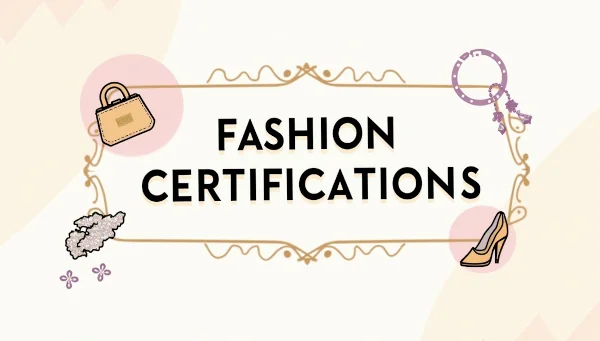Why Certifications Matter in Fashion
Published on September 30, 2025

← Back to the Complete Guide to Sustainable Fashion Certifications
Why Certifications Matter in Fashion
The Trust Gap
Let's be honest: the fashion industry hasn't exactly earned our trust. Between the Rana Plaza collapse in 2013, countless exposés of sweatshop conditions, and rivers in China running colors matching the season's trends, there's a massive disconnect between what we wear and how it's made.
Most of us have no idea where our clothes actually come from. A single t-shirt might involve cotton grown in India, spun into yarn in Turkey, woven into fabric in China, cut and sewn in Bangladesh, and finally shipped to your local store. That's a lot of steps where things can go wrong—environmentally and ethically.
This complexity creates what economists call "information asymmetry." Brands know what's happening in their supply chains (or at least they should). We don't. And when we can't verify claims ourselves, we're left either trusting brand promises or becoming so skeptical that we tune out entirely.
Enter Third-Party Verification
This is where independent certifications come in. At their best, they act as a kind of translator between brands and consumers, verifying that specific standards are being met through audits and inspections.
Think of certifications like restaurant health grades. You probably can't inspect the kitchen yourself, but you can check the grade in the window. It's not perfect—some places game the system, inspections have blind spots—but it's better than nothing.
Good certifications provide:
- •Standardization: Clear criteria that apply consistently across brands
- •Accountability: Regular audits and consequences for violations
- •Accessibility: A shortcut that saves you from researching every single brand
- •Market pressure: They create incentives for brands to improve
Why Brands Get Certified
You might wonder: why would companies voluntarily submit to audits and pay certification fees? A few reasons:
- •Consumer demand: More people are asking questions about sustainability
- •Differentiation: Standing out in a crowded market
- •Legitimacy: Backing up marketing claims with verified proof
- •Risk management: Avoiding scandals and reputational damage
- •Premium pricing: Justifying higher prices with verified quality
Some brands genuinely care about doing better. Others see certification as primarily a marketing tool. Most fall somewhere in between—they want to improve and benefit from the good press.
Understanding the motivations helps you evaluate the sincerity behind certifications. A small brand that certifies despite tight margins is different from a fast fashion giant that certifies one "conscious collection" while the rest of their business remains unchanged.